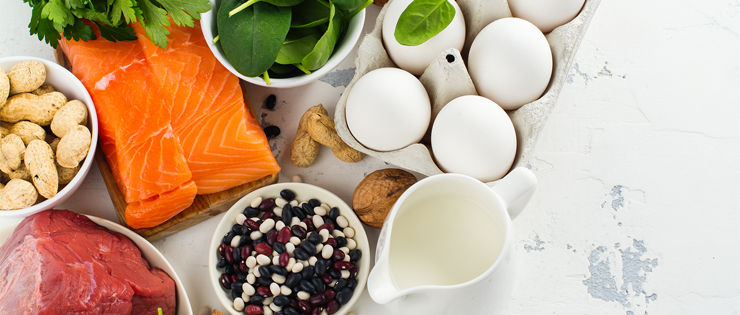
Foods that make you feel happy
Feeling low? It’s time to use food as medicine. Good nutrition can provide nutrients that can calm the mind and body whilst also increasing energy and stabilizing your mood. A really smart move is to adjust your diet to one that is supporting your nervous system and not stimulating it. The foods we should commit to reducing include caffeine, alcohol, sugar, high glycemic carbohydrates and fried foods. But don’t worry there are a plethora of delicious foods you can easily add to your diet to soothe an excitable nervous system. Remember, you are what you eat.
Complex carbohydrates
In other words, carbohydrates that metabolize slower and therefore help maintain a more even blood sugar level which creates a calmer feeling. Carbohydrates that have a low glycemic index include whole-grains, oats, sweet potatoes and broccoli.
Good Fats
Especially omega 3 is integral for good brain health, they can be broken down even further to EPA and DHA (but I won’t give you the complicated names this time), just know that DHA especially helps to promote nervous system development and optimal memory function. Foods which are rich in healthy fats are salmon, sardines, oysters, avocados, chia seeds, flaxseeds, nuts, olive oil, and fish oils. Eating a Mediterranean diet is an easy way to get your good fats into your daily diet.
High-quality protein
You need the essential amino acids that produce the neurotransmitters dopamine and serotonin (also known as the happy hormone) which have the potential to improve your mental health. We need to eat protein with every meal so your blood glucose levels stay stable. Foods rich in protein are eggs, meat, dairy, beans, tempeh and tofu. There is one certain amino acid I adore called tryptophan and it works particularly well with anxiety as it is converted to serotonin in the body and may promote relaxation. Tryptophan can be found in foods like chocolate, cheese, bananas, oats, yoghurt and seeds.
Antioxidants
These can help to reduce inflammation and prevent damage to cells by preventing the buildup of free radicals in the brain. Foods rich in antioxidants are any fruit and vegetable that is rich in colour like berries, capsicums and citrus fruits.
Gut food
Overwhelming evidence now shows the ‘gut-brain axis’ is exceedingly real. Eating probiotic and prebiotic foods can improve our gut health, in turn helping support our mental health and brain functioning. Some probiotic-rich foods include pickles, sauerkraut, kefir, kimchi, miso, kombucha, apple cider vinegar and yoghurt.
B-vitamins
B’s are integral for our mental health, all 8 of them have different roles to play in our body. B vitamins can be found in foods like leafy greens, beans and whole grains.
Vitamin D
There have been some studies that show some positive effects on improving levels of calming neurotransmitters. Vitamin D can be found in foods like salmon, beef liver, egg yolks and cheese. Oh, and of course sunlight and supplementation.
Magnesium
Yup, not just for an athlete with muscle cramps. Magnesium is a total mental health super food. It plays a role in over 300 different processes in the body, but one that is pretty crucial for managing anxiety is its relaxation benefits and can dramatically improve sleep quality. Magnesium can be found in foods like leafy greens, nuts, seeds, seafood, tofu, dark chocolate, legumes and whole grains.
Zinc
Enzymes containing zinc are necessary for the synthesis of serotonin. Zinc can be found in foods like seafood, meat, leafy greens, beans & seeds.
Herbal Tea
These sometimes get forgotten, but they really shouldn’t be. I like to call it ‘tea therapy’ as I truly believe there is a herbal tea for every mood. Some ones that are especially good for soothing the nervous system are chamomile, lemon balm, kava and passionflower.
Water
Dehydration can actually cause mood changes.
So, I hope my hacks have helped you to see that there are many ways to handle stress. Please do seek help from a medical professional if you find it’s not lifting your mood.
*Remember if you are experiencing a personal crisis please call Lifeline 24-hour crisis support on 13 11 14